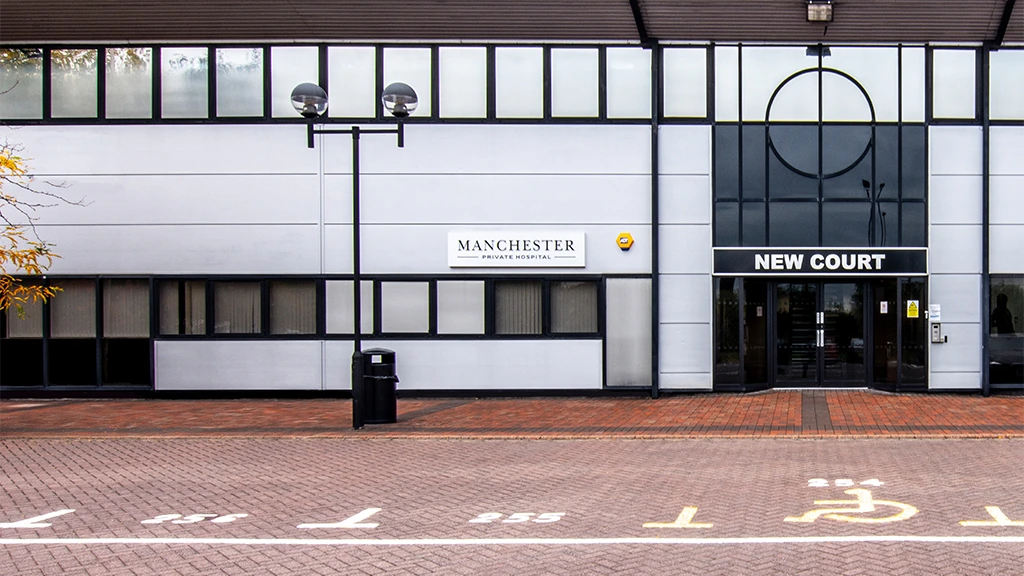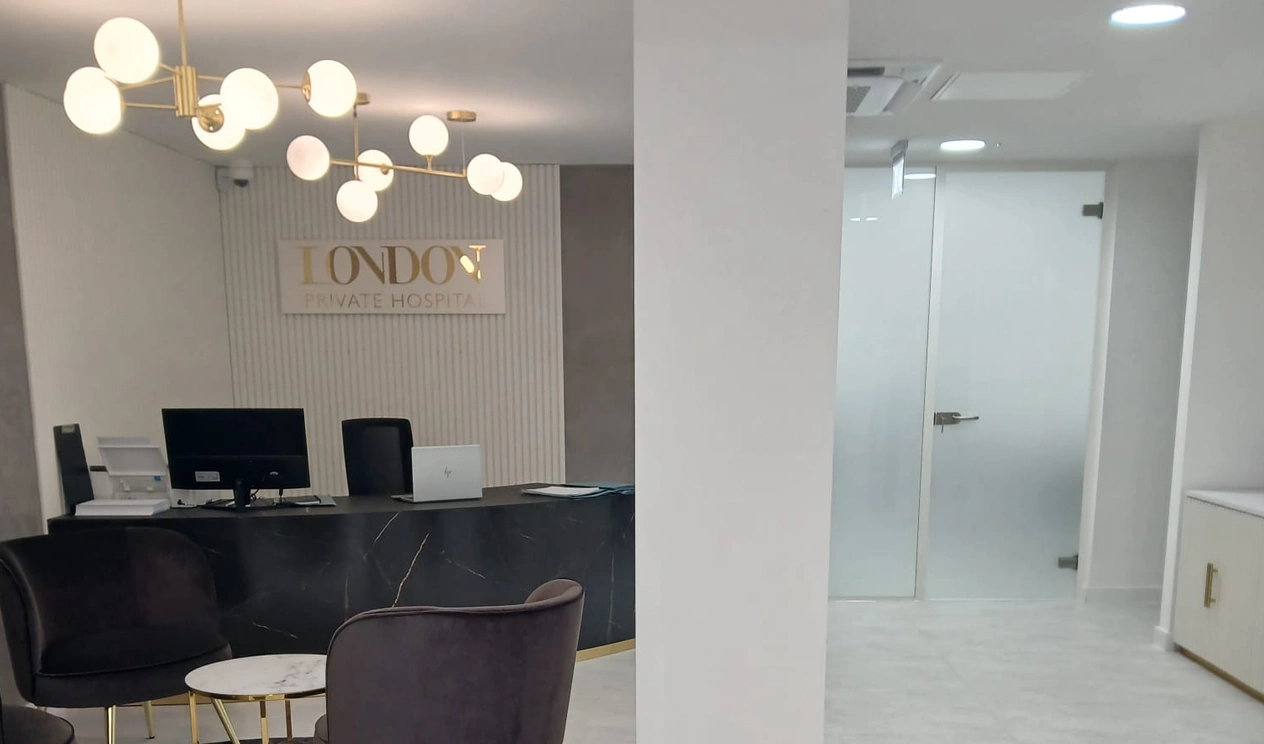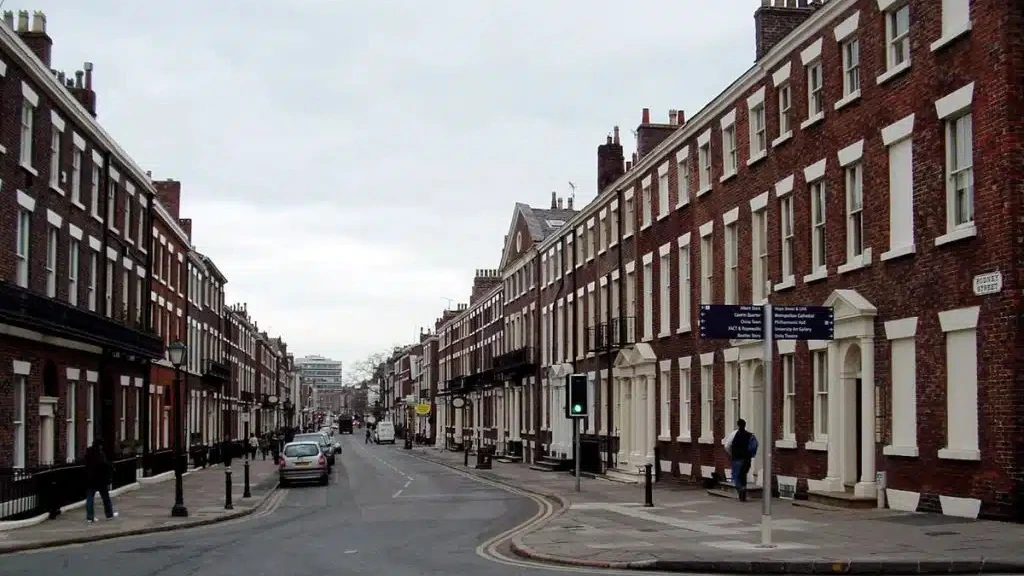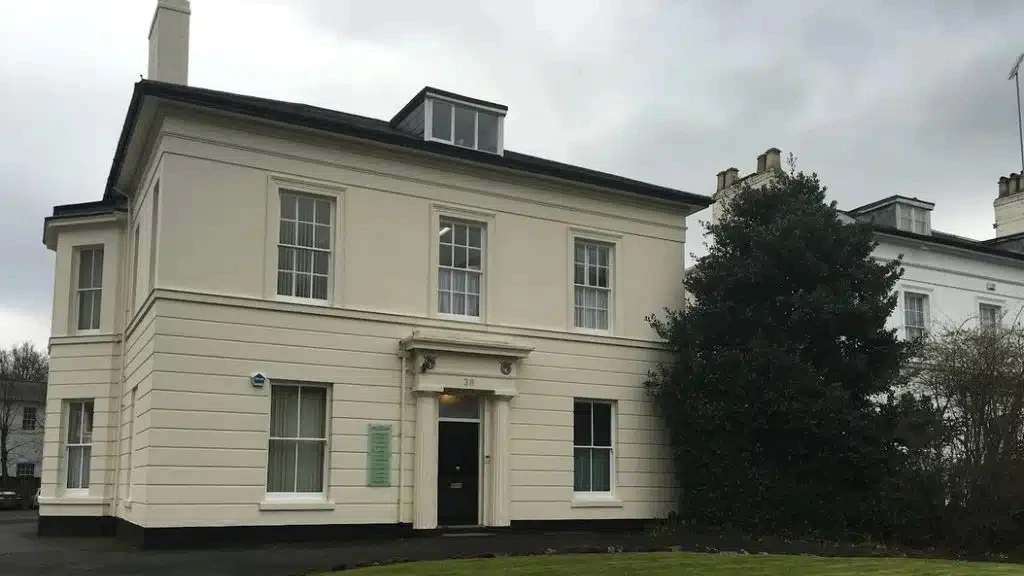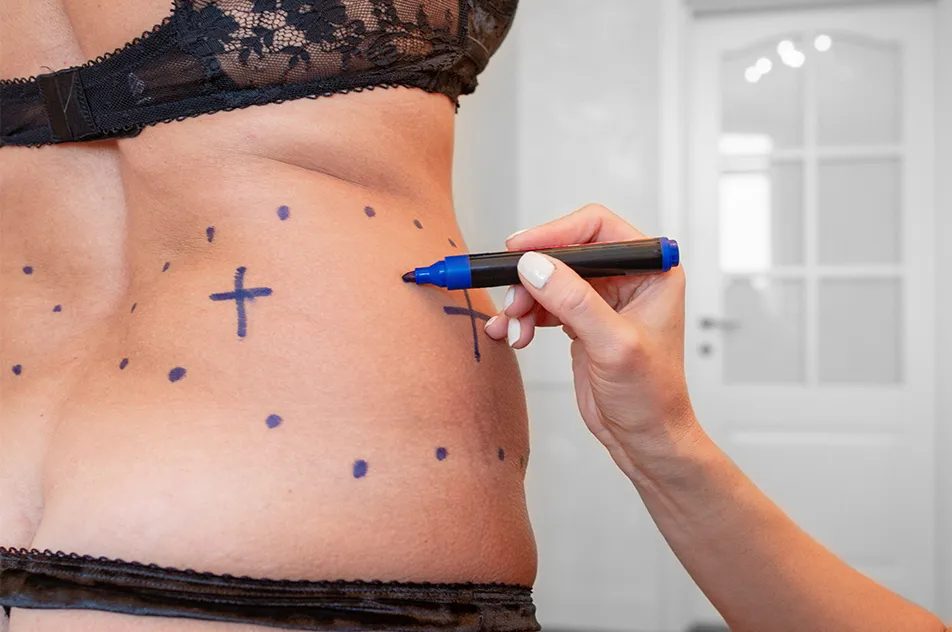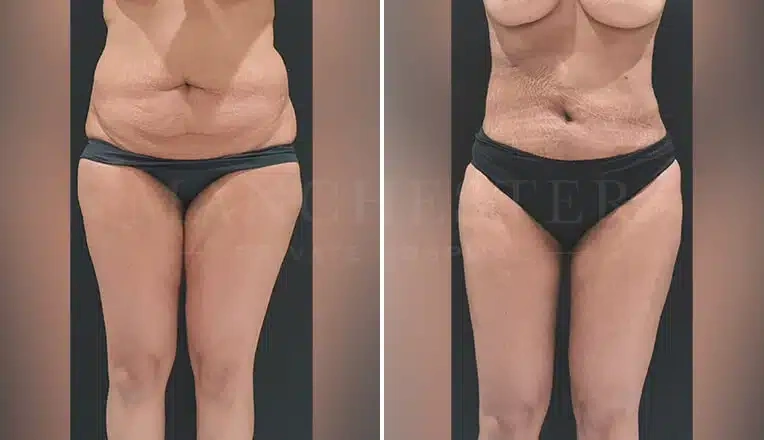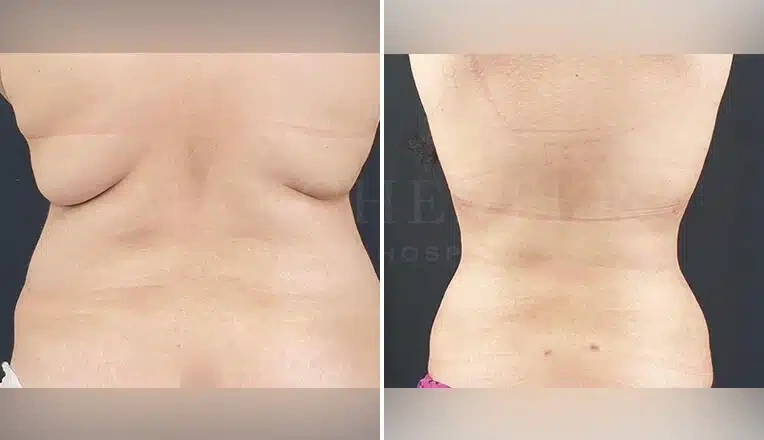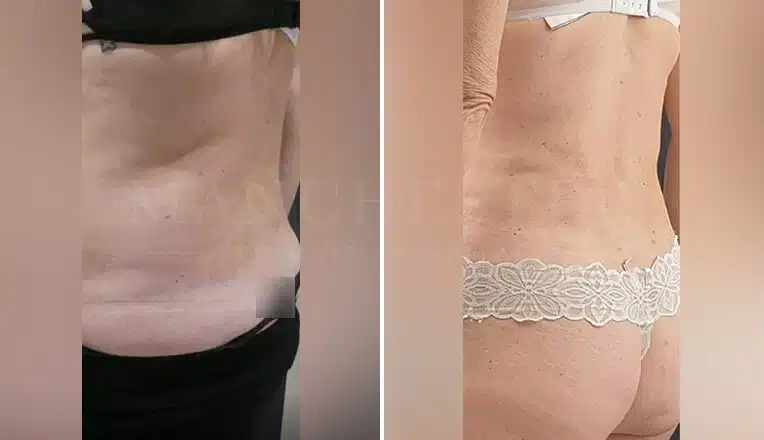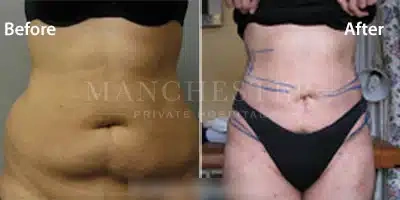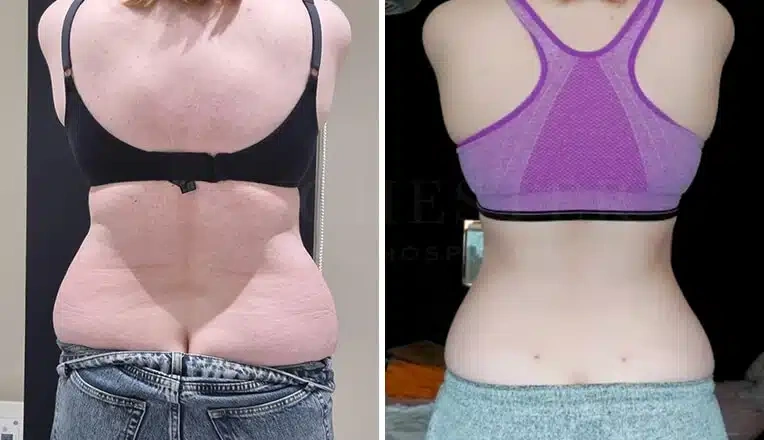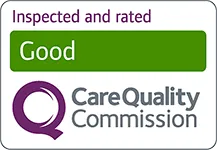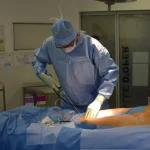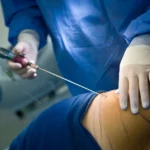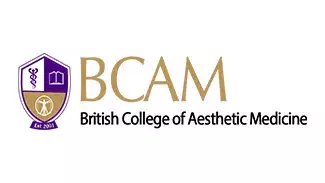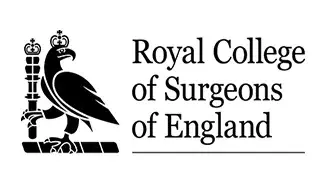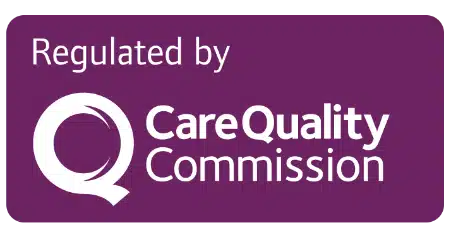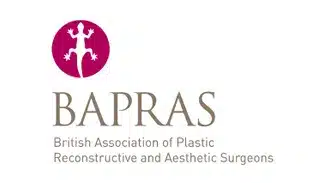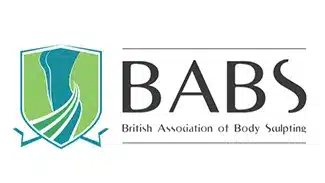Liposuction shouldn’t be thought of as an alternative to a good diet and exercise regimen – always try losing weight using these methods before turning to liposuction.
Even if you’re sure you want liposuction, knowing as much as possible about the procedure can help you to be certain that you’re making the right decision for you. It can also help you to manage your expectations regarding the results you’re likely to get. Furthermore, learning about liposuction can help you to decide which type of liposuction procedure you want to have done.
Keep reading to learn more about what to expect from a liposuction or vaser liposuction procedure.
Does liposuction hurt?
One of the biggest concerns many people have about undergoing any surgical procedure is whether or not they’ll be in pain. Liposuction is carried out under local or general anaesthetic, so you shouldn’t be in pain at all during the procedure. If you’re under local anaesthetic you may still feel some discomfort, movement or pressure as the fat cells are removed.
Remember, it’s important to be honest with your surgeon before, during and after the procedure. Under local anaesthetic you’ll be conscious, so you can let your surgeon know if you’re in pain at any time or if you want them to pause the procedure. You should also make your surgeon aware of any previous problems you’ve had with anaesthesia so they can discuss which options will work best for you.
After the procedure, there will likely be some pain to contend with. During your recovery period, you may experience swelling, soreness or bruising in the area that’s been operated on. This is perfectly normal and nothing to worry about. However, if you are concerned about any symptoms you get in the aftermath of your procedure it’s best to get a professional opinion.
As well as having symptoms directly related to the procedure, you may also experience some pain, stiffness or discomfort as a result of the recovery process. Wearing compression garments is an important part of getting the best results from your liposuction, but they can be uncomfortable to wear for long periods of time.
Furthermore, since you won’t be able to leap straight back into your usual levels of activity, you may find your muscles get a bit stiff from disuse. You can expect to be back up and about within a couple of weeks of your surgery, but try not to overexert yourself or push your limits until your surgeon tells you you’re ready to do so.
Is liposuction safe?
Compared to some more invasive procedures, liposuction is a relatively low risk operation. As with any surgery, there is a small risk of infection, but your surgeon will do everything they can to limit that risk. Additionally, some people can have an adverse reaction to anaesthesia, particularly if they’ve never had it before. This can be unpleasant, but the effects usually wear off once the anaesthetic has left your system.
In order to ensure you are as safe as possible during the operation, it’s vital to inform your surgeon of any allergies you have before your surgery. This is especially important if you are allergic to latex, as this is used in some surgical gloves, but it applies to all allergies. It all helps to make sure your surgeon is as well-informed as possible.
Does liposuction leave scars?
Many people worry about scarring after a procedure such as liposuction. For some, this is an important factor in the choice between traditional liposuction and vaser liposuction, which is a less invasive technique but can’t remove as much fat in one session. In reality, scarring after liposuction is uncommon – but not impossible. Choosing vaser liposuction isn’t likely to affect your chances of scarring, but it can cut down on bruising and recovery time.
However, liposuction can cause a symptom known as hyperpigmentation. This is where some parts of the skin are coloured darker than others. Hyperpigmentation can make marks more prominent on your skin, making them more noticeable. These include existing scars, stretch marks and the healing incision from liposuction.
Following all of your surgeon’s aftercare suggestions can help to reduce the likelihood of scarring, but nothing can completely eradicate the risk. You may be more likely to scar if you have a history of developing keloid scars. Wherever possible, your surgeon will make incisions small and discreet so they are less noticeable if they do scar. Additionally, there are some measures you can take to reduce the appearance of scars afterwards.
Does liposuction work?
During liposuction, your surgeon will remove fat cells from the affected area, with the aim of achieving a more shapely physique. Depending on your desired results, you may need more than one session of liposuction to reach your goals. If you’re at all uncertain about whether liposuction will work for you, it’s important to discuss your concerns with your surgeon.
How long does liposuction last?
While the fat cells that are removed won’t come back, you will still have some fat cells in the area where you’ve had liposuction. Your overall fat capacity will be reduced, so you’ll see a permanent reduction of fat in the treated areas. However, the remaining fat cells can still swell, so for the best results you’ll need to maintain a healthy lifestyle. This will also help to prevent the buildup of fat in other areas of your body that haven’t had liposuction.
In order to maintain your post-liposuction results, you should:
- Eat a healthy, balanced diet – exercising moderation in portion sizes
- Stick to an exercise routine that’s effective and easy to fit around your lifestyle
- Stay hydrated
- Follow your surgeon’s recommendations and advice
Keeping a healthy lifestyle after your liposuction procedure is good for your body and your mind, so it’s well worth the effort. As well as the physical benefits such as reduced risk of illnesses, it can help you to feel more confident and happy about your body. Remember, liposuction is just a tool to reduce fat – like any other weight loss method, you need to work with it.
Liposuction Before and After Gallery
Read Our Patient Reviews
Explore our reviews made by real patients
Meet Our Expert Surgeons
Get to know our highly experienced surgeons
Consultation Locations
We offer Consultations from a number of locations around the UK
Prices and finance
We have partnered with Chrysalis Finance, allowing patients to apply for cosmetic surgery finance for all our procedures
Consultation Locations
Manchester Hospital
Manchester Private Hospital New Court, Regents Place, Windsor
Street Salford, Greater Manchester, M5 4HB.
